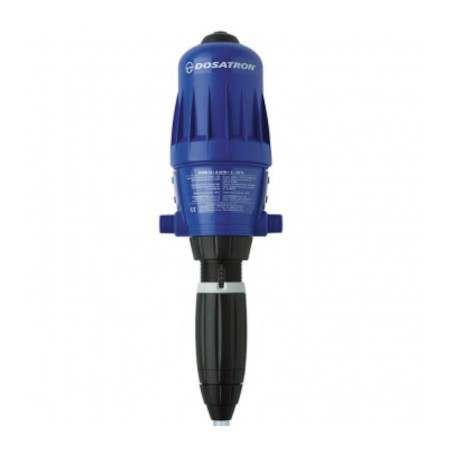Oral treatment with antimicrobials is widely used in pig production for the control of gastrointestinal infections. Lawsonia intracellularis (LI) causes enteritis in pigs older than six weeks of age and is commonly treated with antimicrobials. The objective of this study was to evaluate the efficacy of three oral dosage regimens (5, 10 and 20mg/kg body weight) of oxytetracycline (OTC) in drinking water over a five-day period on diarrhoea, faecal shedding of LI and average daily weight gain (ADG). A randomised clinical trial was carried out in four Danish pig herds. In total, 539 animals from 37 batches of nursery pigs were included in the study. The dosage regimens were randomly allocated to each batch and initiated at presence of assumed LI-related diarrhoea.
In general, all OTC doses used for the treatment of LI infection resulted in reduced diarrhoea and LI shedding after treatment. Treatment with a low dose of 5mg/kg OTC per kg body weight, however, tended to cause more watery faeces and resulted in higher odds of pigs shedding LI above detection level when compared to medium and high doses (with odds ratios of 5.5 and 8.4, respectively). No association was found between the dose of OTC and the ADG.

In conclusion, a dose of 5mg OTC per kg body weight was adequate for reducing the high-level LI shedding associated with enteropathy, but a dose of 10mg OTC per kg body weight was necessary to obtain a maximum reduction in LI shedding.
Larsen I, Hjulsager CK, Holm A, Olsen JE, Nielsen SS, Nielsen JP; A Randomised Clinical Trial on the Efficacy of Oxytetracycline Dose through Water Medication of Nursery Pigs on Diarrhoea, Faecal Shedding of Lawsonia Intracellularis and Average Daily Weight Gain; Prev Vet Med. 2016 Jan 1;123:52-9. doi: 10.1016/j.prevetmed.2015.12.004. Epub 2015 Dec 14.





